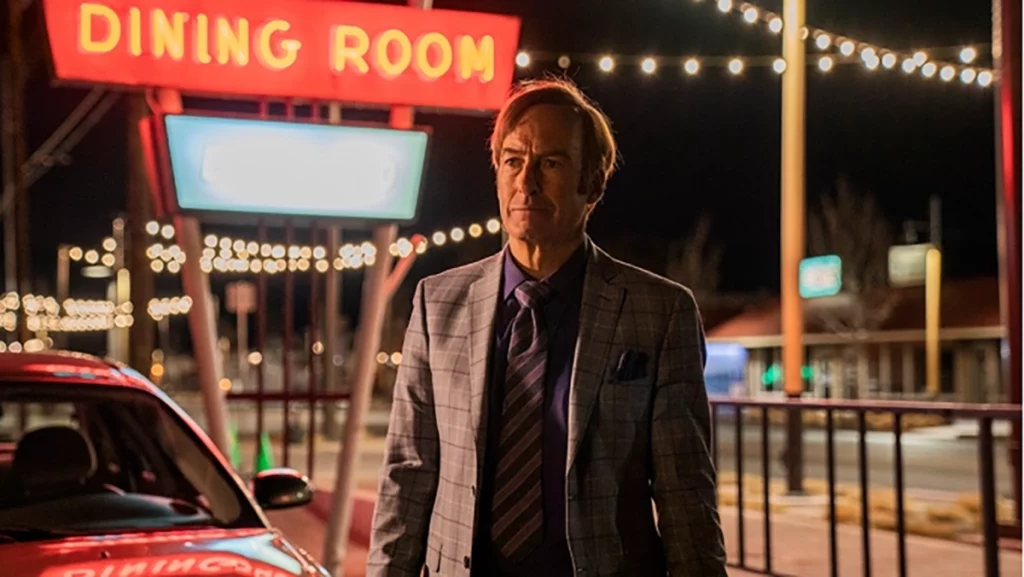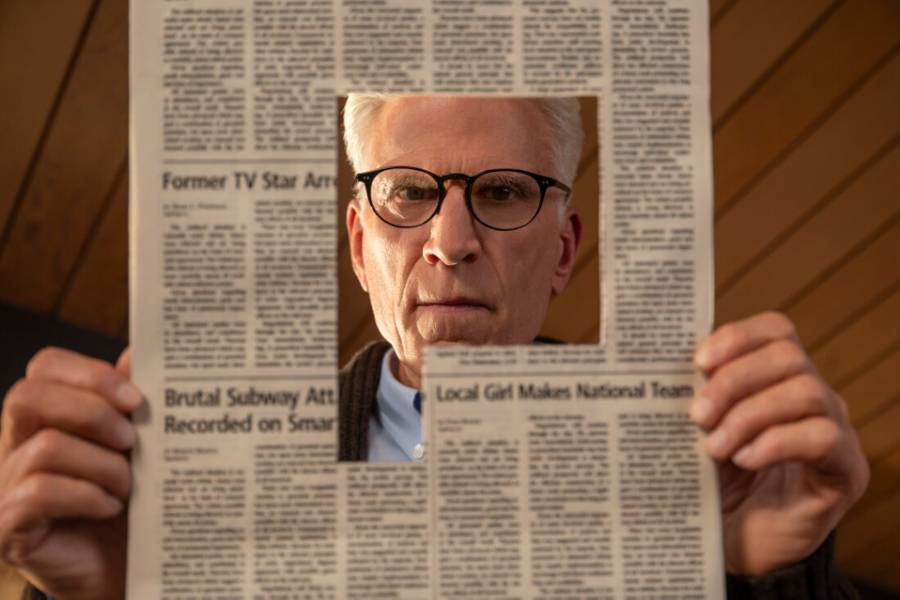The season six finale of “Better Call Saul” aired Aug. 15, bringing an end to the universe that created some of the most popular television characters of all time, as well as the critically renowned “Breaking Bad” and Netflix original movie “El Camino.”
While “Breaking Bad” focused on the exploits of chemistry-teacher-turned-meth-cook Walter White (Bryan Cranston), its prequel “Better Call Saul” focuses on Jimmy McGill (Bob Odenkirk), a charismatic yet emotionally distraught lawyer who finds himself entwined with the worlds of organized crime and illegal narcotics. Fans of “Breaking Bad” know that he will eventually become Saul Goodman, a lawyer who would happily throw others under the bus to make a buck. However, the primary question of “Better Call Saul” is not whether or not he will become morally corrupt, but how and why, and if he can keep his life of crime separated from his life of honest work.
One of the main themes that the show tackles is how the past affects who we are and how we act. Jimmy, after facing a series of career setbacks and a falling out with his brother Chuck McGill (Michael McKean), becomes a so-called “friend of the cartel,” letting his moral standards slowly slip away. He transforms into the lawyer that we all know and love: Saul Goodman. As season six closes out on how and why Jimmy becomes Saul, the show asks a new question — whether or not he’ll remain that way for the rest of his life.
The show’s ongoing themes, storytelling, cinematic parallels and dramatic beats are some of its strongest points. In season six, when Jimmy tries to slander another character’s reputation, he carefully orchestrates a series of schemes that make this character seem that way. The audience only figures out what Jimmy is trying to do as the scheme unfolds. This storytelling technique simultaneously holds the viewer’s attention, creates a hilarious and exciting montage, and furthers the story. On the other hand, viewers watch as Jimmy’s choices lead him down a “bad choice road,” a phrase coined by hitman Mike Ehrmantraut (Jonathan Banks). When he indirectly causes the deaths of innocent people, or helps cold-blooded killers like cartel member Lalo Salamanca (Tony Dalton) avoid prison, he always seems to narrowly avoid total destruction. The build-up and payoff is impeccable and surprising, but never unearned as his past creeps up on him when he least expects it.
Season six of “Better Call Saul” is one of the most carefully crafted and brilliantly executed pieces of television media to come out within the past decade. Director Vince Gilligan poses new questions while simultaneously tying up all the show’s loose ends. These questions are perfectly played out by the talented cast, all of whom add deep nuances to the motivations, desires and shortcomings of their characters.
The writing is another strong selling point of the season, closing out the story beats naturally with poetic twists and horrific moments. Before watching the final episode, viewers ponder what will happen to Saul. Will he die? Will he go to prison? Will he avoid paying for his crimes? The audience can leave Jimmy and his wife Kim Wexler (Rhea Seehorn) completely satisfied with all their questions answered.
Audiences who have watched the show for years, waiting for each story moment and for every burning question to be answered, will find themselves rewarded by its conclusion. While some shows leave you wanting more, the end of “Better Call Saul” leaves viewers perfectly fed.




















